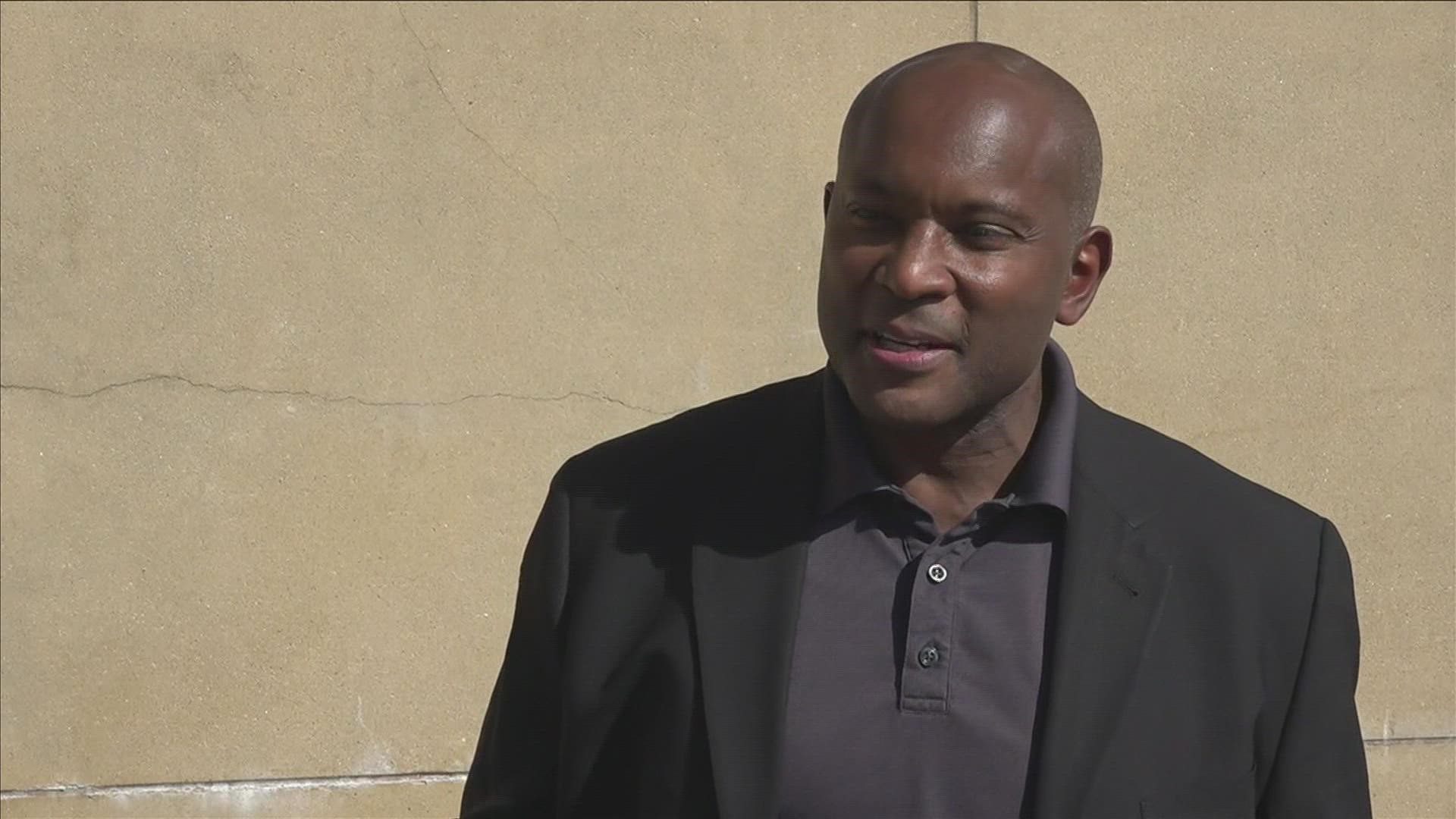MEMPHIS, Tenn. — A former educator and grandmother, one of the 'Memphis State Eight' died this past Sunday.
The group integrated the now-University of Memphis.
It was 1959 when much of the country was clinging to separate but equal others fighting to dismantle it.
“When they were on campus she had to depend on her faith and resiliency to not fall victim to the n-word shouted out by the football players out their dorms,” said Rufus Jones Jr., the son of Marvis Kneeland Jones.
Racist taunts and harassment were part of the college experience for Jones and her fellow classmates, the 'Memphis State Eight'.
“These are teenagers just like teenagers you see today who were instructed guided by their pastors, by the NAACP,” Mr. Jones Jr. explained.
They were young but critical to the movement.
Unlike other school integrations in the South, this one took place without violence, plainclothes policemen escorting the group to classes.
For Jones’ mother, integrating the then all-white Memphis State University was picking up the next leg in the race for civil rights.
“The deans basically told them we don’t want you here,” he said. “But we got to have you here. So they had full information. They knew the risk but they also knew the reward.”
The pushback was also in the classroom.
“Isolation. That meant here’s a seat. The seat next to the right, empty. The seat to the left, empty. Seat to the back empty. No white students wanted to sit next to these black kids.”
The 'Memphis State Eight' had to finish classes before noon and were not allowed in the cafeteria or student center.
Mrs. Jones grew up with the values of learning, as a 1st soprano and classically trained pianist who taught her cousins to play at age 9. All fueling her to graduate at Memphis State no matter the obstacle.
“How do you explain my mom, who made it to 81, with the challenges that she had to overcome and the trauma and still be graceful?" Jones explained.
Jones explained how his mother’s experience in the classroom at Memphis State strengthened her will.
“Her faith in Psalms 23, her church, her father, you going to graduate,” he shared. “Education - that goal was always a part of her.”
Fighting the good fight as an educator who taught at Memphis City Schools for 25 years. Her husband was an entrepreneur.
“It started to affect me in ways I didn’t know,” Jones shared. “She didn’t talk about it. They don’t talk about that trauma. It’s hard.”
She was part of history and change, which paved the way for future torchbearers.
“Because of little bits of love and kindness extended by President Raines or people like Martin Stansberry, I think she was able to come to peace with the history and she knows she did a great thing," Jones said.

